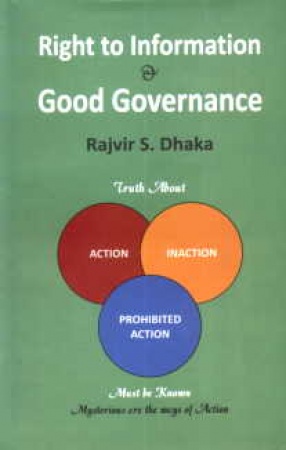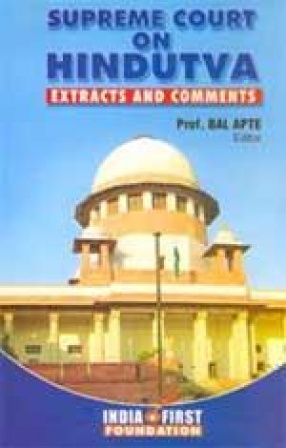Right to Information and Good Governance
Meaningful substantive democracy ought to be founded on the notion of an informed public adequately equipped to participate thoughtfully and actively in the governance of the country. If transparency and accountability are the imperatives for sustaining democratic governance, access to information is a vital instrument of societal transformation. The Right to Information Act, 2005 has been enacted to provide for setting out the practical regime of right to information for the citizens to ensure access to information under the control of public authorities, and its chief aim is to promote transparency and accountability in the working of public authorities.
RTI has the potential to empower the citizens in relation to the state by making administration more accountable and participatory. Besides, apart from ensuring greater transparency it acts as a deterrent against the arbitrary exercise of public powers. The governance is, therefore, undoubtedly strengthened by the RTI.
This book analyses the right to information in international and national scenario. The book offers a comprehensive appraisal of the need to the RTI Act, 2005, it covers salient features, FAQs, important judgements of Central and State Information Commissions and point outs the grey areas of the act as well. The book also highlights the role and responsibilities of the Assistant Public Information Officers, Public Information Officers, First Appellate Authorities and Information Commissions. In addition, the book delineates the practical aspects of its implementations, therefore, pinpointing the impediments in its effective implementation as well as charting the roadmap for the bright future in the days to come. To facilitate the comparative and better understanding of the implementation of RTI Act in the states, certain relevant and important RTI Rules of Centre and States have been included in the book at the end.
The book is designed to help the information seekers, policy-makers, public authorities and of course the students.
Contents: Foreword. Preface. 1. Right to Information: genesis and evolution. 2. Salient features and deficiencies. 3. Administrative authorities created under the act: their role and responsibilities. 4. Judicial Authorities Created Under the Act: their powers and functions. 5. Haryana State Information Commission: organisational setup. 6. Accountability: landmark decisions of CIC and SIC (Haryana). 7. Act and rules: issues and concerns. 8. Apprehensions and operational shortcomings of the act. 9. RTI Act: roadmap for the future. Annexures. Index.
Get it now and save 10%
BECOME A MEMBER










Bibliographic information